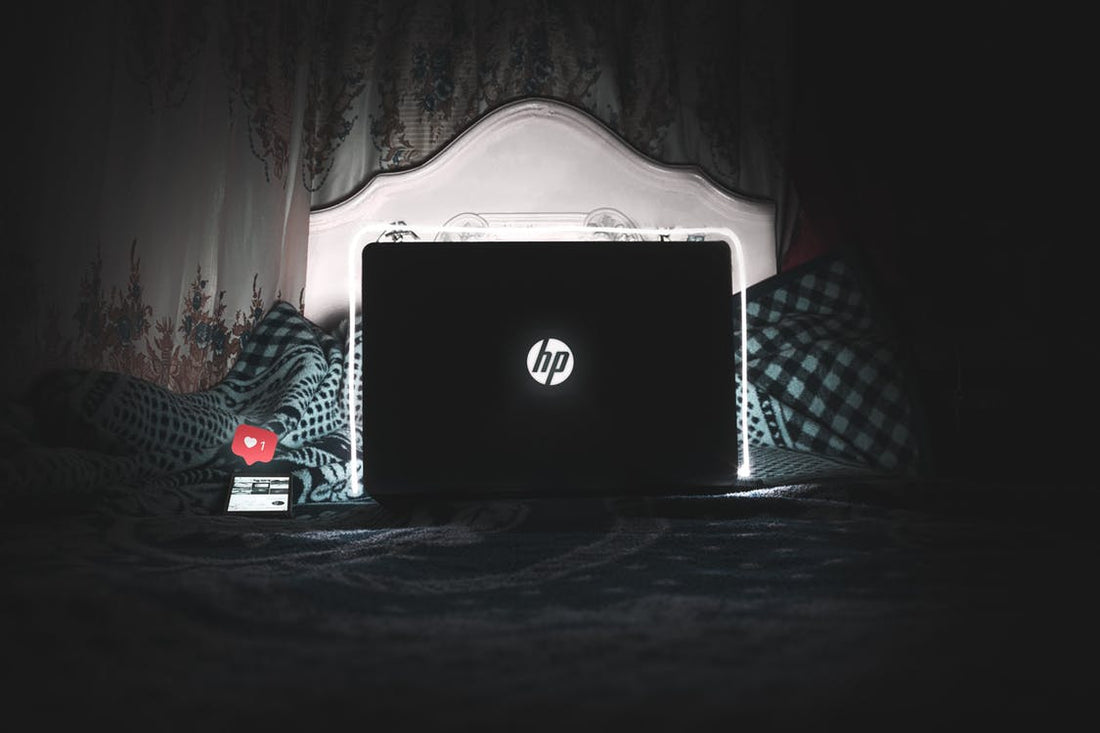Do you leave the television on when you go to sleep? Do you check your emails lying down in bed? Do you feel like you don’t get enough sleep?
Perhaps you have not yet realized that all of these things are connected.
Did you know that the National Sleep Foundation has found that 95% of Americans use an electronic device within an hour of going to sleep, and 89% of adults, and 75% of children have at least one electronic device in their bedroom?
It may be surprising to hear, but the blue light coming from your phone or tablet, can inhibit your natural production of melatonin. When melatonin is reduced, it makes it harder, and harder to fall asleep.
Blue light and sleep
When we go outside during the day, we are exposed to blue light – that is why the sky is blue. Blue light has a very short, high energy wavelength. This shortness allows for us to see things more clearly, but can also create a glare which reduces visual contrast and affects sharpness and clarity. Constant exposure to this glare at night can lead to headaches, eye strain, and fatigue.
Blue light and melatonin
Melatonin is a hormone secreted by the pineal gland that helps to regulate the other hormones in our body and helps balance your circadian rhythm.
Blue light can also limit the production of melatonin. Proper melatonin production is crucial for you to be able to sleep well. In one study it was found that, of those reading books on paper before bed, and those reading books on a tablet device, the people using the tablet before bed had suppressed levels of melatonin, took 10 minutes longer to fall asleep, and had less rem sleep than those who read printed books before bed.
Electronics screens are now made to emit a very strong blue light so that it can been seen under any external light conditions. This gives us the freedom to read, watch tv, and do work at any hour of the day. However, this constant exposure may just be the reason you find yourself tossing and turning at night.
How to get more sleep
So what is the solution to this blue light problem?
Ideally it would be best to stay off of all your electronic devices a couple of hours before bed, but there is another solution.
The enemy of blue light is actually red light. Red light has the lowest energy of all spectrums of light. This means that it does not affect your production of melatonin.
But how can you increase your exposure to red light at night?
One option is Blue light blocking glasses with red lenses. These sci-fi-looking glasses should be worn for an hour or two before going to bed. The red light will tell your body that it is nighttime and will allow your body to start producing the melatonin your body needs to go to sleep. The great advantage of these glasses is that you will still be able to read on your devices, without the negative effects, and still be able to get the sleep you need.


